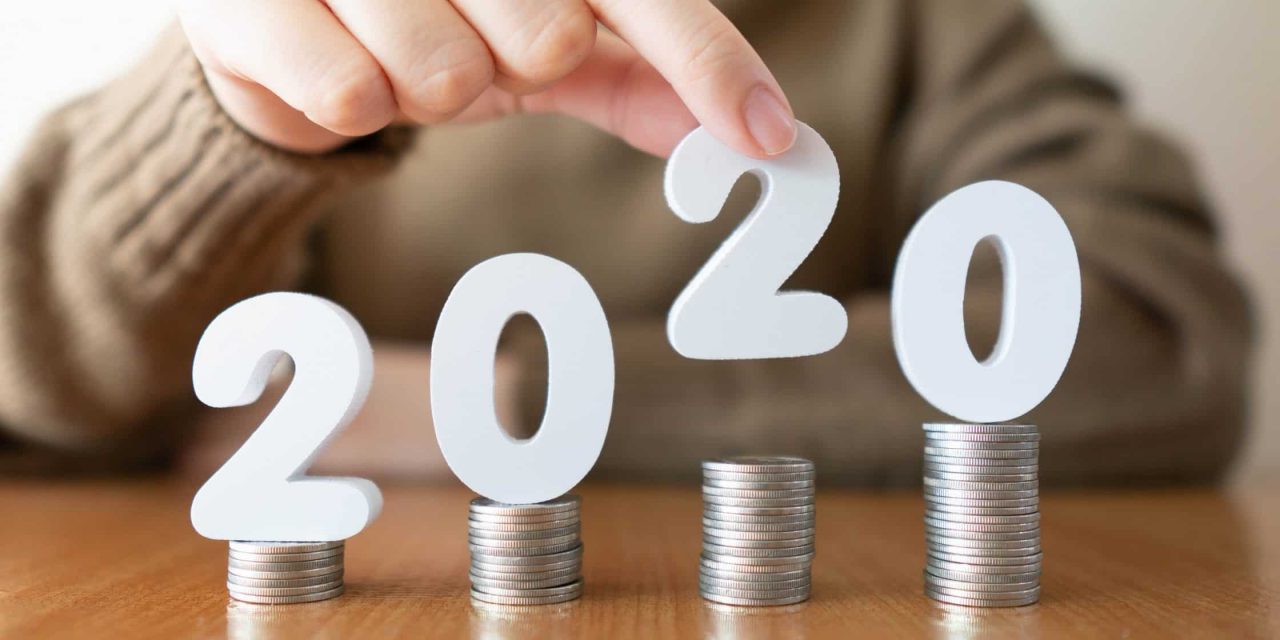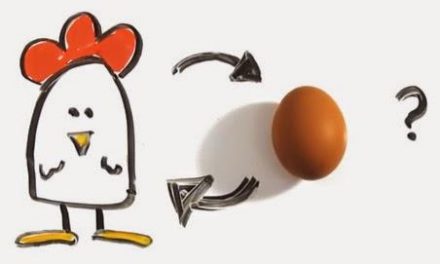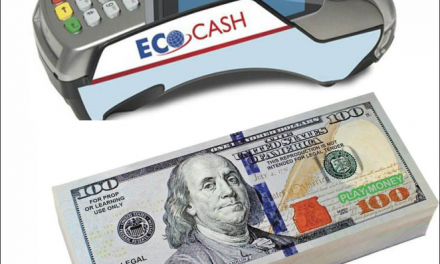As we continue to deal with the implications of living in a world with COVID-19 we take a look at the other side of the coin. The lockdowns and measures worldwide that are meant to help us prevent the spread have wreaked havoc on many businesses and individuals. Entire businesses have been closed for close to two months in some cases without an end in sight. Workers in these businesses are losing jobs as reality sets in. Meanwhile, the informal sector operators are feeling the heat as many have had to rely on savings, if they had any, while no income has been made. All this should be taken into account as we consider that there are positive lessons we can draw from this period.
No movement no spending
David Bach and John David Mann coined The Latte factor in their book of the same title. The idea is simple; incidental expenditure can add up to a lot of money if you don’t watch it. They explain this through the idea of going to buy a cup of coffee, a latte but in the process also adding extras like cookies or doughnuts. It is kind of a snowball effect that works against you. With a lot of us being stuck at home we surely noticed we lived just fine without certain expenditures we have become used to. The latte factor is real.
You actually can save
If you have been fortunate enough to keep your income during the lockdown then the realisation of the latte factor should come with the realisation that you can save. You just don’t do it. Having experienced the lockdown it should be clear that regardless of the vehicle chosen it is better to have savings than not to. Somewhere in the hustle and bustle of making a living, we have lost sight of the goal which is to design a life. This may not ring true for every single set of circumstances but for many, we certainly can save if we commit to it.
We spend our money in the wrong places
Many have had to spend a lot more time in their homes than they usually do. This has lead to the realisation that perhaps they have not quite designed the homes they wish they had. Many homewares retailers have recorded quite a lot of business as people try to change their homes into places that serve their needs. It’s not just homewares though. Scrambles for computers, internet-connected devices and more have been recorded. Of course, working from home has contributed to this but it cannot be denied that lack of investment in those spaces beforehand has played its part.
It’s never to soon to invest
I’m a big fan of investing and the interactions I’ve had with various groups in different parts of the world all underscore the importance of investing. Robert Kiyosaki’s cash flow quadrant explains it best but simply put investors employ money to earn more money. While the bulk of logic tells us investing is something the really rich do we’ve surely seen that its never too soon to start investing. Even small investments made in prior years are helping people out right now. Whether it is to keep a semblance of balance with distressed finances or even take advantage of the crisis.
You can afford it
With all respect to those with limited incomes, for some, you can afford that thing you keep telling yourself you can’t afford. I just hope that thing for you is a productive thing. We have surely learned that a lot of our expenditure is based more on a combination of environment or habit than any conscious process within us. So what if we were a little more conscious of our expenditure? What if we directed more of it to the things that mattered to us? Yes, it’s a matter of prioritising and maybe even some sacrifice but it is more likely than not worth it.
Different lessons can be drawn from different perspectives. Others have lost employment while others have found it. Others income streams have disappeared without hope of recovery. It is a complex matter and no two situations are the same. Hopefully, you can grasp the lessons or at least the ideas behind some of these and start to look at your finances differently.








